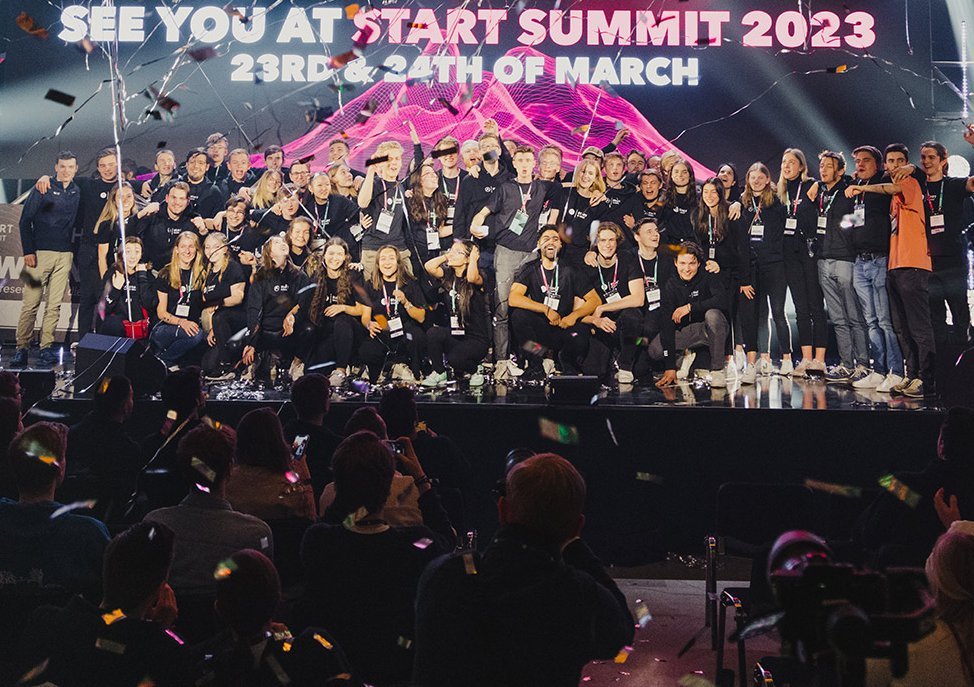

Engagement is big at the University of St.Gallen (HSG). This applies to all HSG students and staff as well as graduates. Their engagement plays a big part in what is often referred to here on campus as the “HSG culture”.
Our students’ motivation is exceptional. This applies not only to their studies and examinations, but also to their extra-curricular engagement. In other words, the commitment they make to the more than 130 clubs and initiatives that support social and ecological issues, such as oikos, or organise lectures with an international reach, such as the St.Gallen Symposium or the START Summit.
Many HSG employees also make a considerable commitment, for instance within the context of self-management – as a member of one of the numerous committees. Faculty members, for their part, display great engagement when they found their own institutes and bear the entrepreneurial risks or when they become involved in the private sector or even in voluntary work in numerous clubs and organisations alongside their teaching, researching and self-management activities. In this way, they also ensure proximity to business and society.
Engagement in equal opportunities, diversity and inclusion on campus, as well as responsibility and sustainability, is deeply embedded in the HSG strategy. On the one hand, it is about ensuring framework conditions that allow everyone to study, teach, research and work here with equal pleasure and success. With regard to sustainability, HSG follows a holistic approach, incorporates the topic at all levels of teaching and leads the way as an organisation in setting a good example to be carbon neutral by 2030.
Ultimately, commitment to the region is an important aim of HSG. It creates added value for its region in a multitude of ways. Firstly on a financial level, by generating around five times the added value from each cantonal Swiss franc in tax. This is largely thanks to the students who come to St.Gallen to study, live, eat, shop and spend their leisure time. Visitors to executive education, conventions and other seminars organised by HSG also play an important role. Around one in eight overnight stays in the city of St.Gallen is traced back to HSG. HSG ultimately generates important specialists and managers, some of whom remain in the region. They also contribute towards the positive economic development of Eastern Switzerland, as do the more than 30 HSG spin-offs that have settled in the region and create jobs.
Many former HSG members are no less engaged. HSG Alumni, the official organisation of former students of the University of St.Gallen, has over 33,000 members and is one of the most significant and active alumni associations in Europe. For example, it was in large part the donations from alumni to the HSG Foundation that made SQUARE possible, the experimental space for new forms of learning and teaching at HSG.